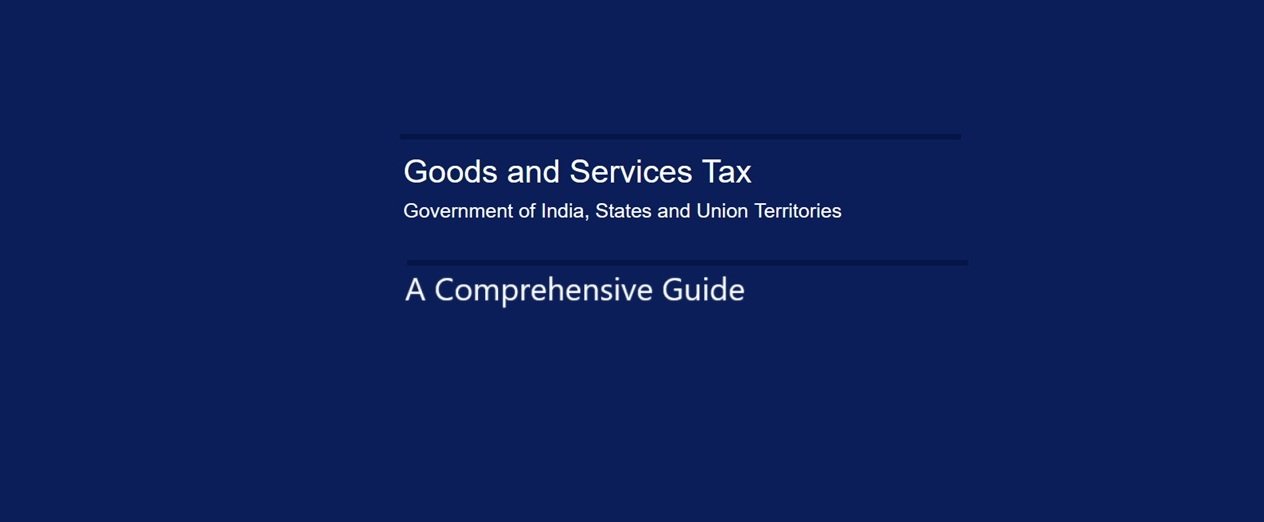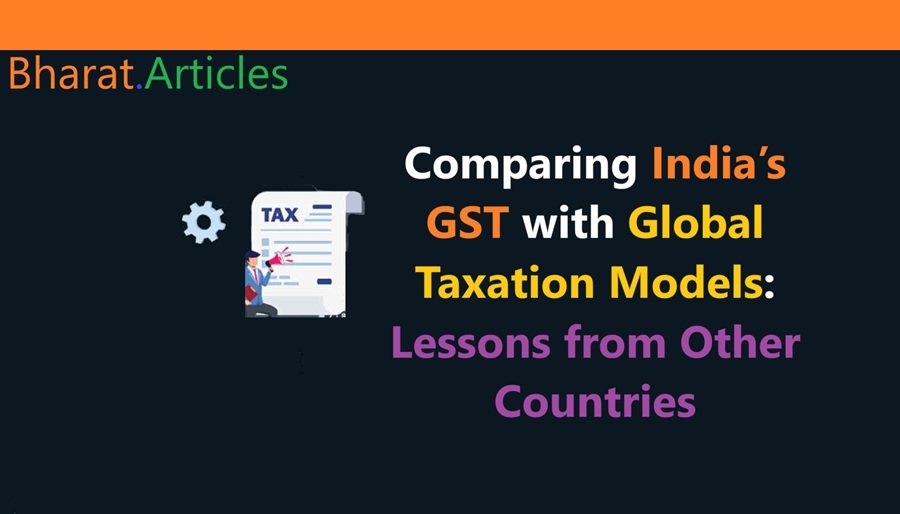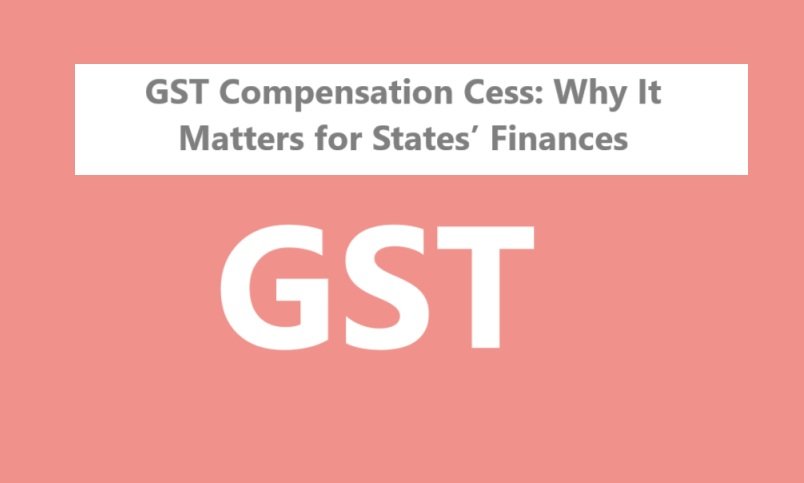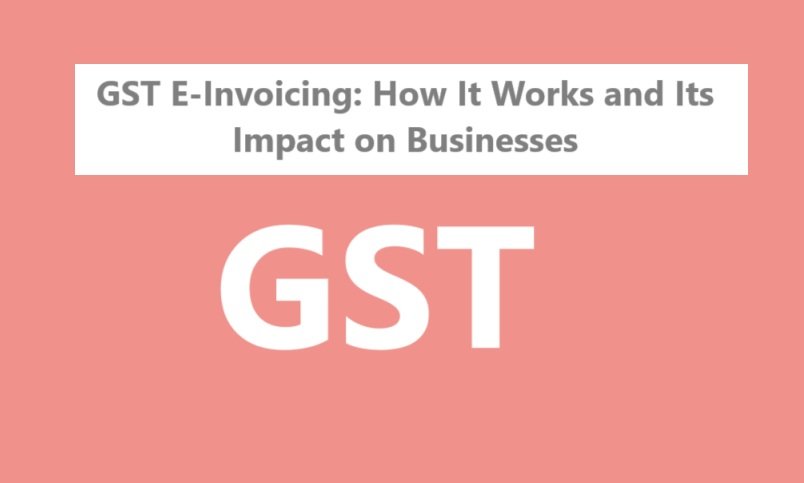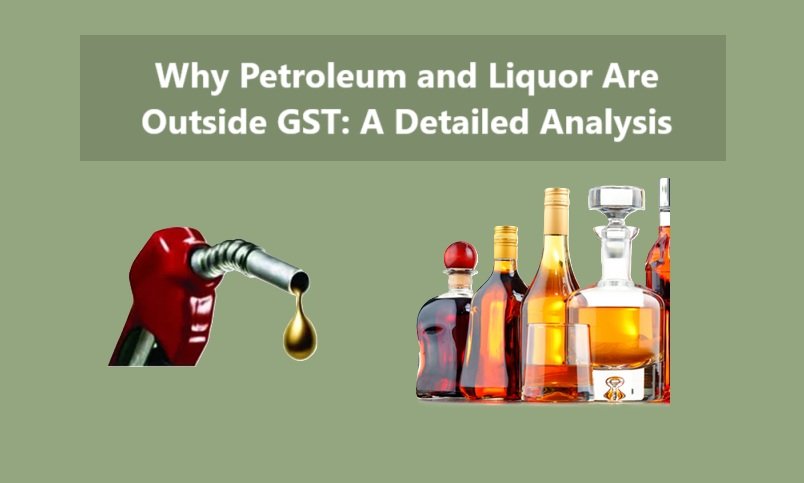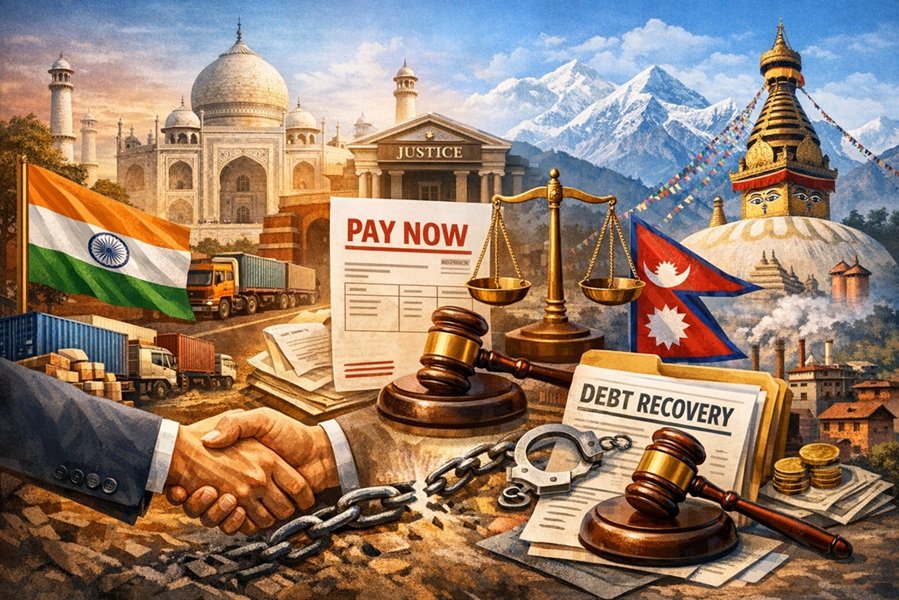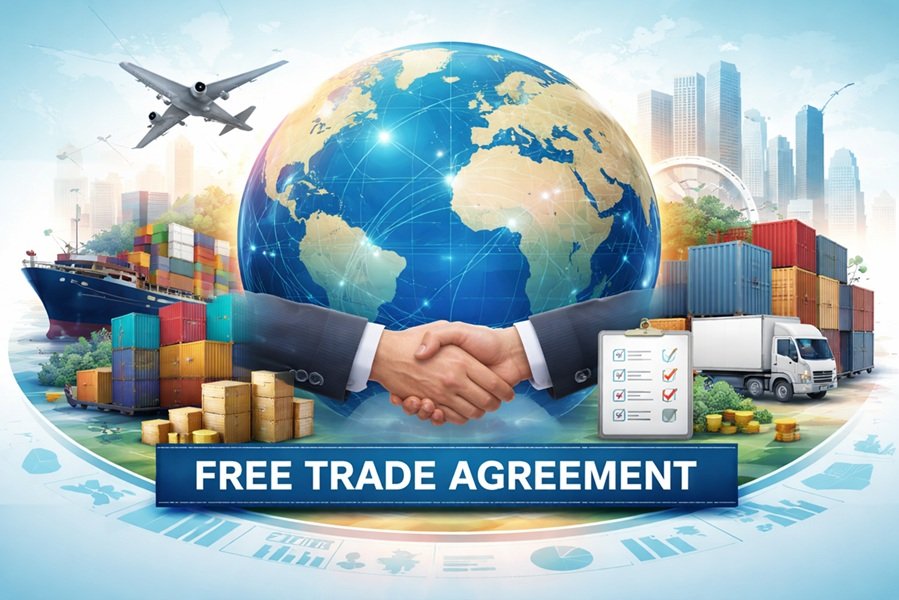Step-by-Step Process to File GST Returns Online in India
This blog provides a clear, step-by-step guide to filing GST returns online in India. It covers everything from logging in, choosing the correct form, entering details, to post-filing essentials like…
India’s GST Collections for March 2025: Trends, Insights, and Implications
The Goods and Services Tax (GST) collections for March 2025 reflect significant trends in India’s economic activity, indicating robust growth in tax revenues. This article provides a comprehensive analysis of…
E-Invoice under GST: A Comprehensive Guide
Introduction The introduction of e-invoicing under the Goods and Services Tax (GST) regime in India has revolutionized the way businesses handle invoices. E-invoicing ensures greater transparency, minimizes tax evasion, and…
What’s Changing in GST E-Invoicing from April 2025?
Introduction Starting April 1, 2025, significant changes will be implemented in the GST e-invoicing system via the e-invoice portal. These changes aim to enhance compliance, reduce fraudulent practices, and ensure…
Goods and Services Tax (GST): A Comprehensive Guide
Introduction The Goods and Services Tax (GST) is a comprehensive, multi-stage, destination-based tax levied on the supply of goods and services in India. Implemented on July 1, 2017, GST replaced…
Comparing India’s GST with Global Taxation Models: Lessons from Other Countries
In the rapidly evolving landscape of taxation, the introduction of the Goods and Services Tax (GST) in India stands out as one of the most significant reforms in recent decades.…
GST Compensation Cess: Why It Matters for States’ Finances
Introduction The introduction of the Goods and Services Tax (GST) in India marked a significant shift from the previous tax structure, aiming to unify indirect taxation across the country. However,…
GST E-Invoicing: How It Works and Its Impact on Businesses
Introduction E-invoicing under the Goods and Services Tax (GST) framework is a system introduced by the Indian government to enhance tax compliance and streamline invoice reporting. It requires businesses to…
Why Petroleum and Liquor Are Outside GST: A Detailed Analysis
Goods and Services Tax (GST) is a unified tax system that has replaced multiple indirect taxes in India. However, certain high-revenue generating commodities like petroleum products and liquor have been…
Reverse Charge Mechanism (RCM) under GST A Complete Guide
The Reverse Charge Mechanism (RCM) under the Goods and Services Tax (GST) is a concept where the recipient of goods or services is liable to pay tax instead of the…



